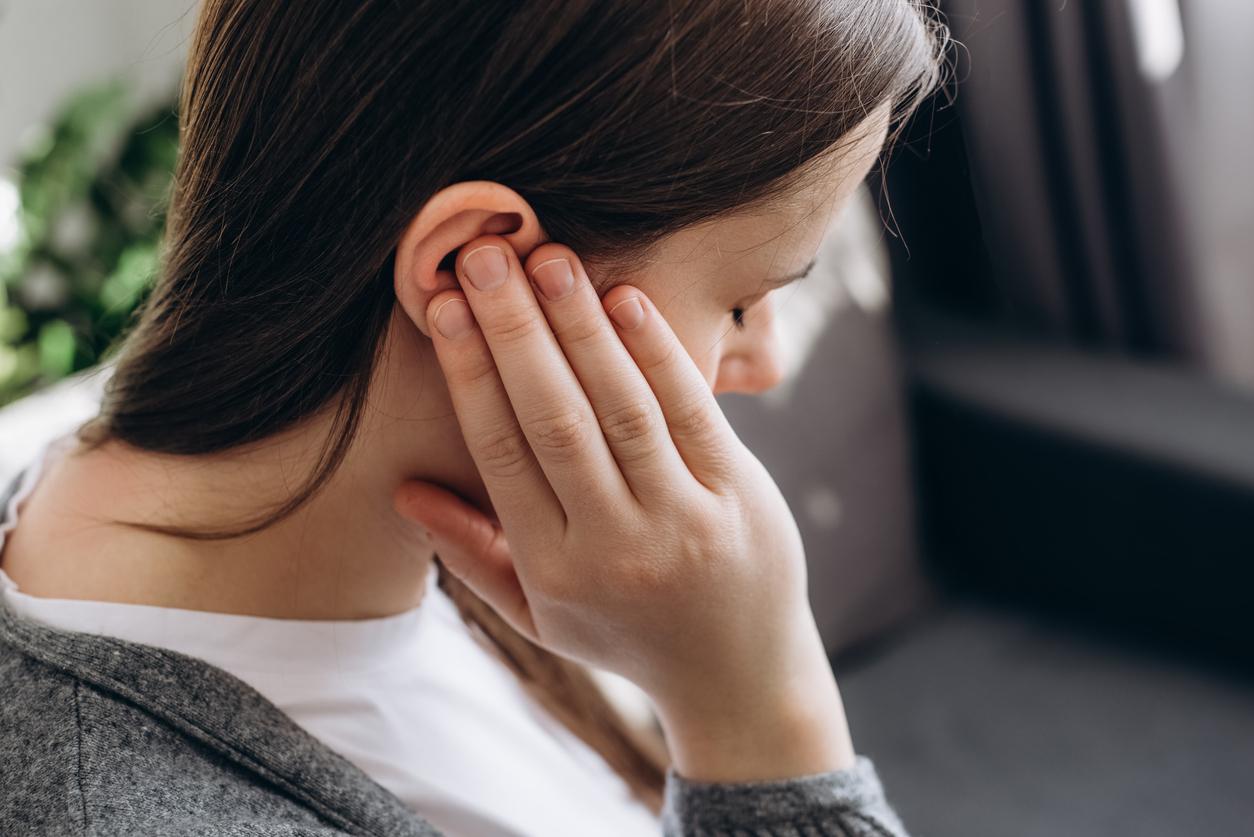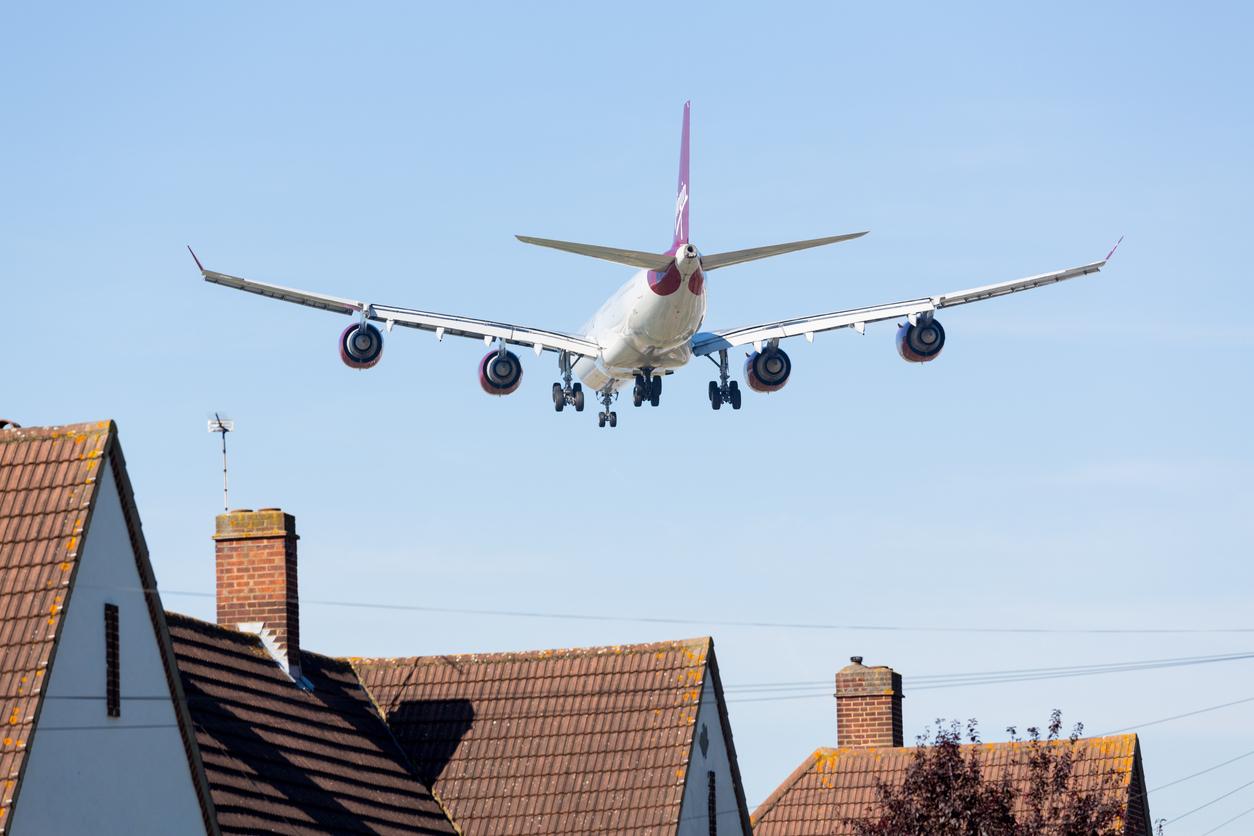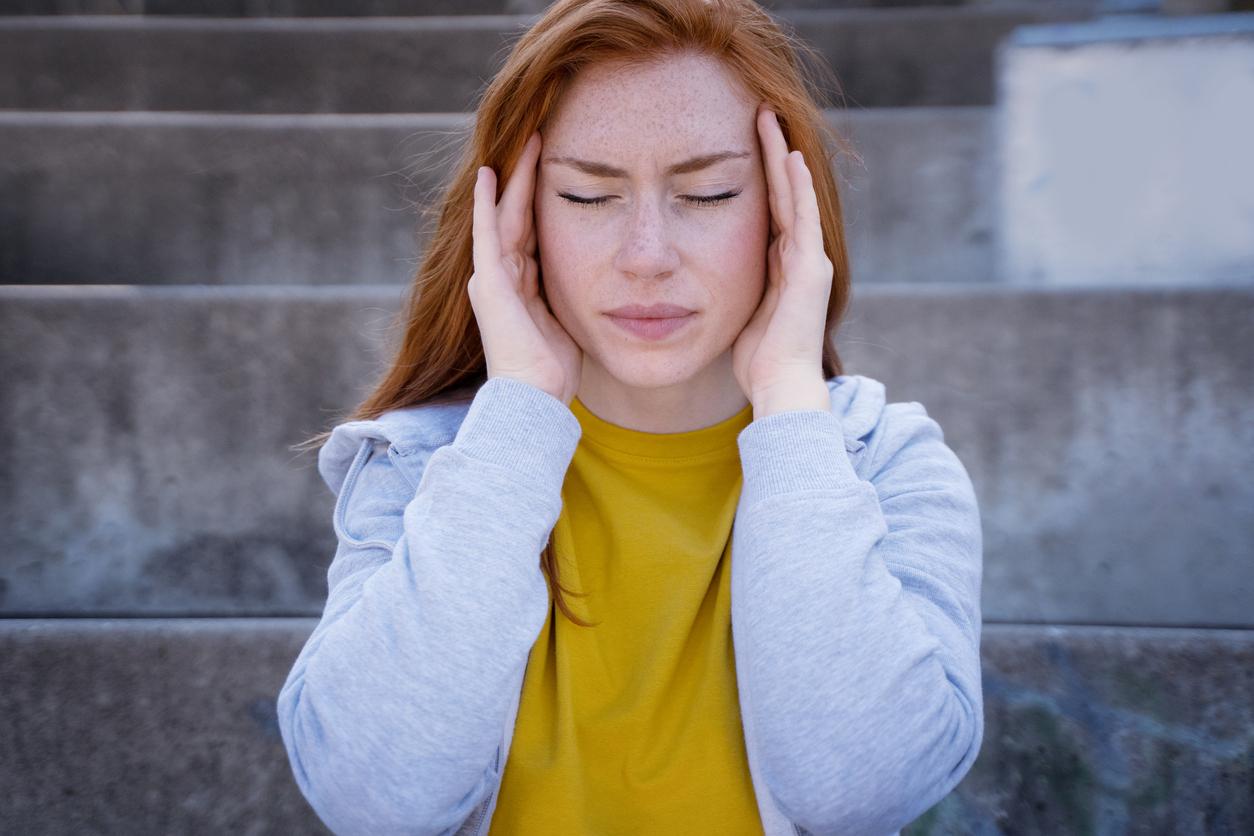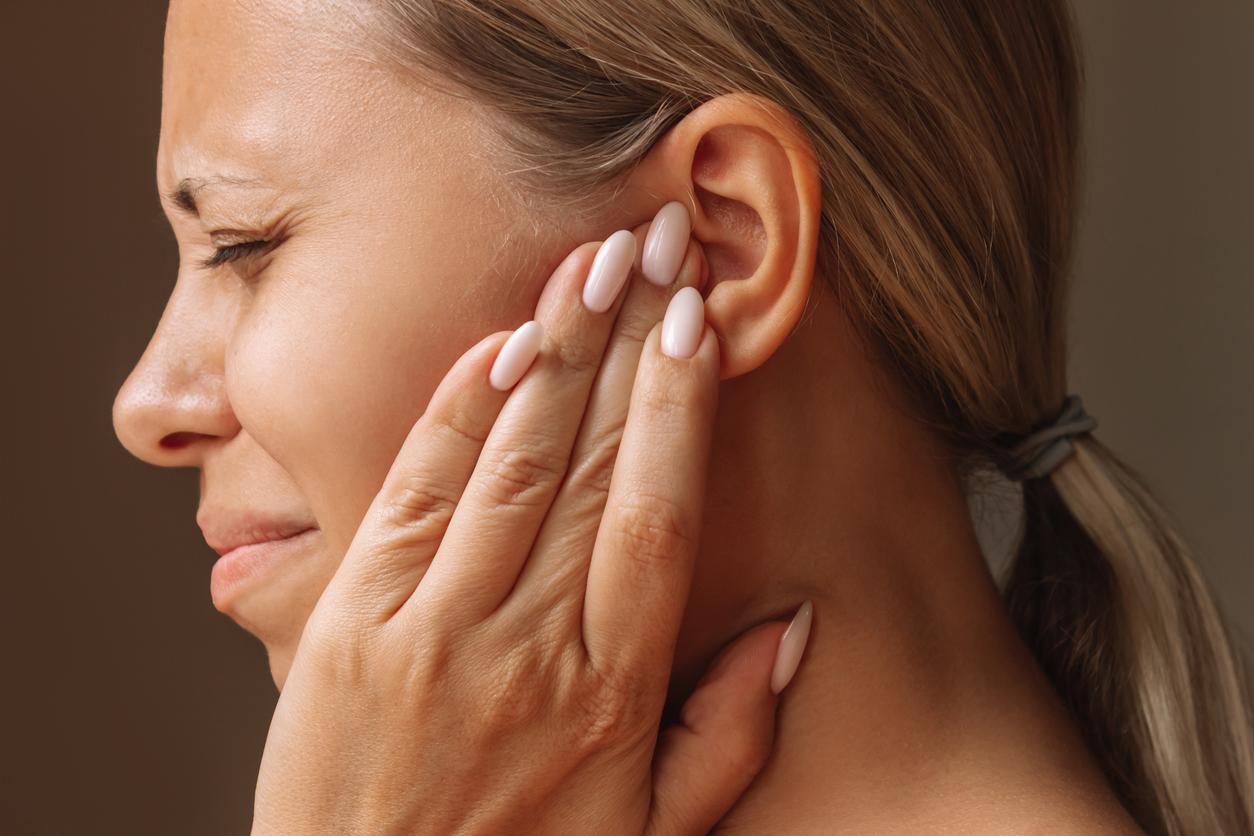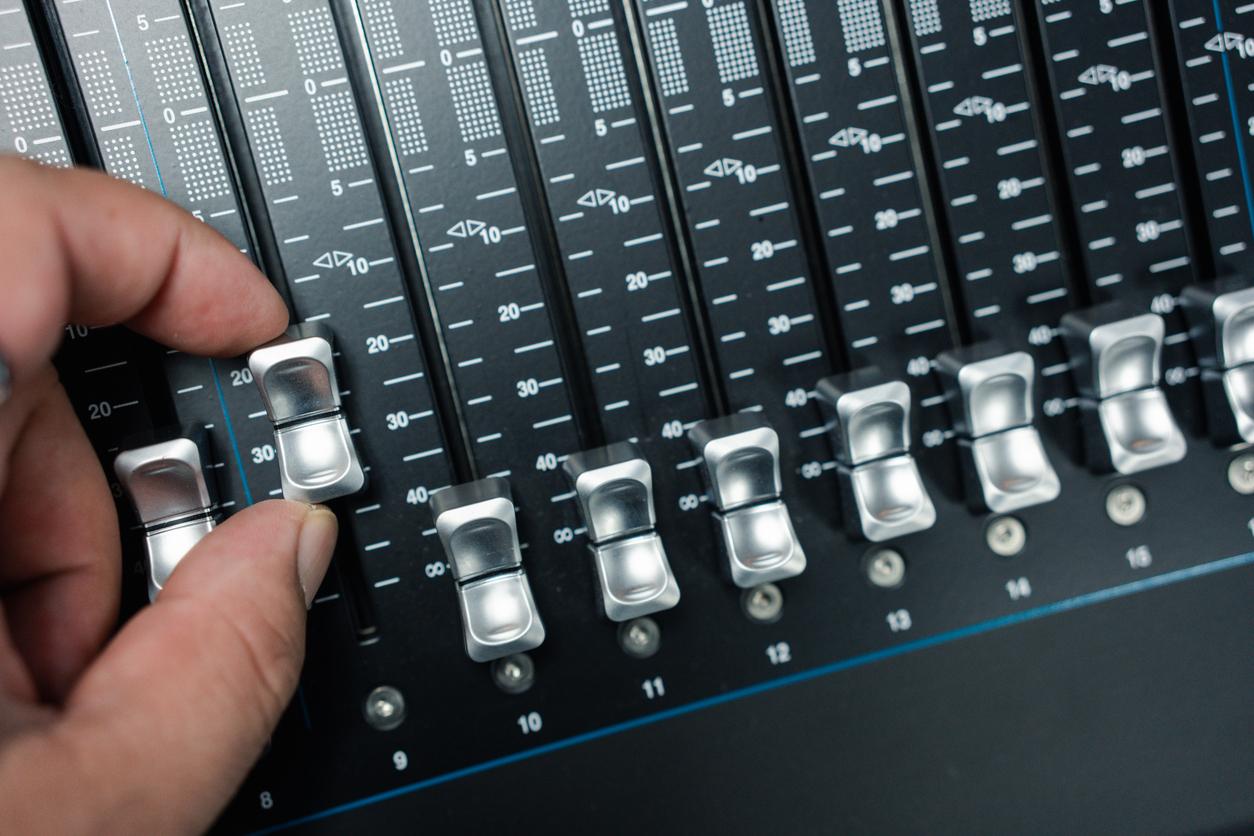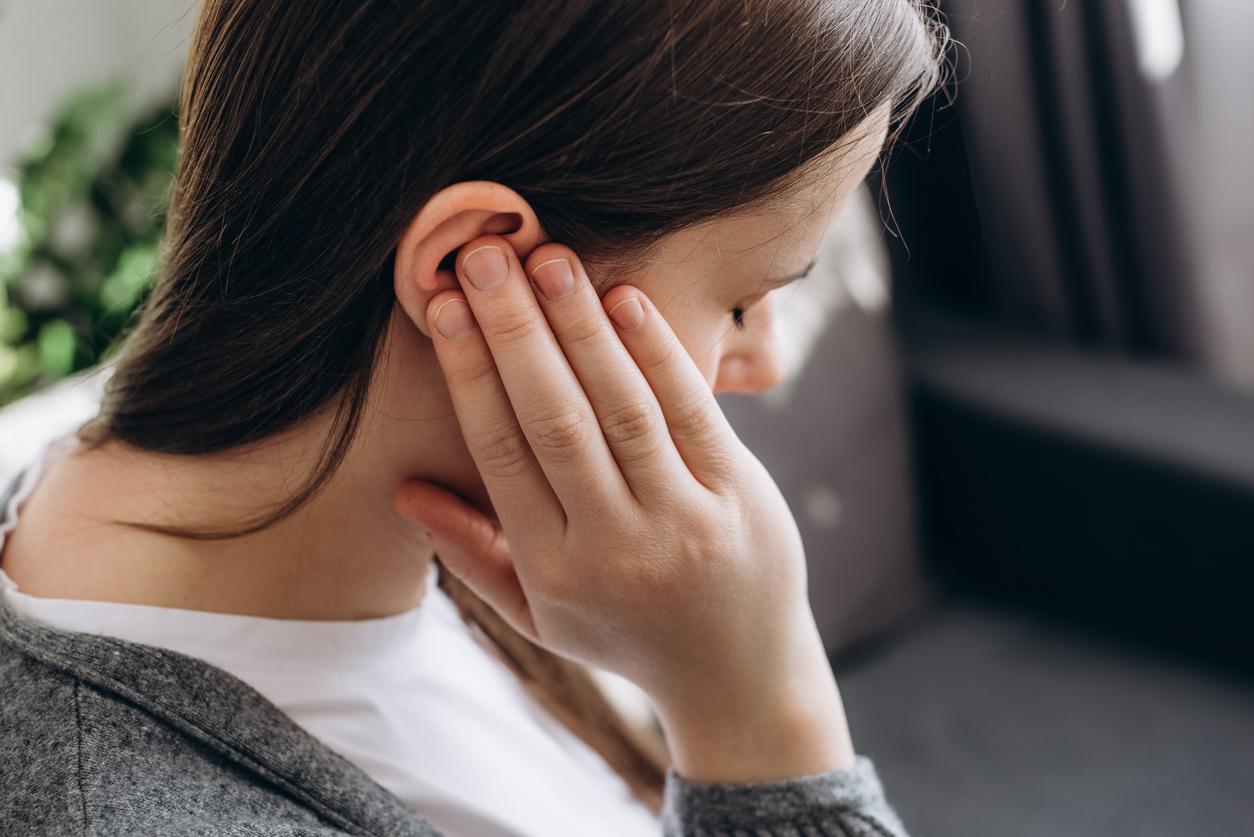The more residents are exposed to traffic noise in their homes, the more likely they are to develop tinnitus.

- In 95% of cases, tinnitus is temporary and isolated, ie not associated with other symptoms.
- These auditory sensations cause difficulty concentrating and anxiety, even depression.
Purring engines, works, horns, music emitted by a bar… If your apartment or house overlooks a busy and noisy street, your hearing organs can be damaged due to noise pollution. This was revealed by researchers from the University of Southern Denmark in a study published in the journal Environmental Health Perspectives.
40,692 patients with tinnitus were recruited
To examine the association between residential traffic noise exposure and hearing consequences, the scientists recruited all Danish residents over the age of 30, including 40,692 who were diagnosed with tinnitus. As a reminder, these are noises that we hear in one ear (or both) or in our head without having been emitted by a source from the outside world. The sounds perceived may resemble buzzing, whistling, squeaking or even chirping.
“We modeled road traffic and rail noise at the most and least exposed facades of all Danish addresses from 1990 to 2017. For all participants, we calculated the average noise exposure over time over 1 , 5 and 10 years and retrieved detailed information on socio-economic variables at the individual and regional level”, the team said.
Traffic noise stresses us out and keeps us from sleeping well
The authors found that for every 10 more decibels of noise in the volunteers’ homes, the risk of developing tinnitus increases by 6%. According to researchers, living near a busy street or road can increase stress levels and disrupt sleep. When a person is stressed and sleeps poorly, they are at a higher risk of developing tinnitus. Based on the results, the highest risk estimates were found for women, people without hearing loss, adults with higher education and income levels, and participants who had never worked in the profession. ‘worker.
“Sleep in a room that does not face the road or install double-glazed windows”
The team indicated that it is possible to improve one’s sleep if one lives in a busy and noisy street. “To reduce noise exposure at home, you can sleep in a room that does not face the road or install double-glazed windows. But not everyone has these options. It is therefore necessary that the noise of traffic is considered a health risk that must be taken into account in urban planning and political decisions”, concluded Manuella Lech Cantuaria, author of the work, in a statement.








